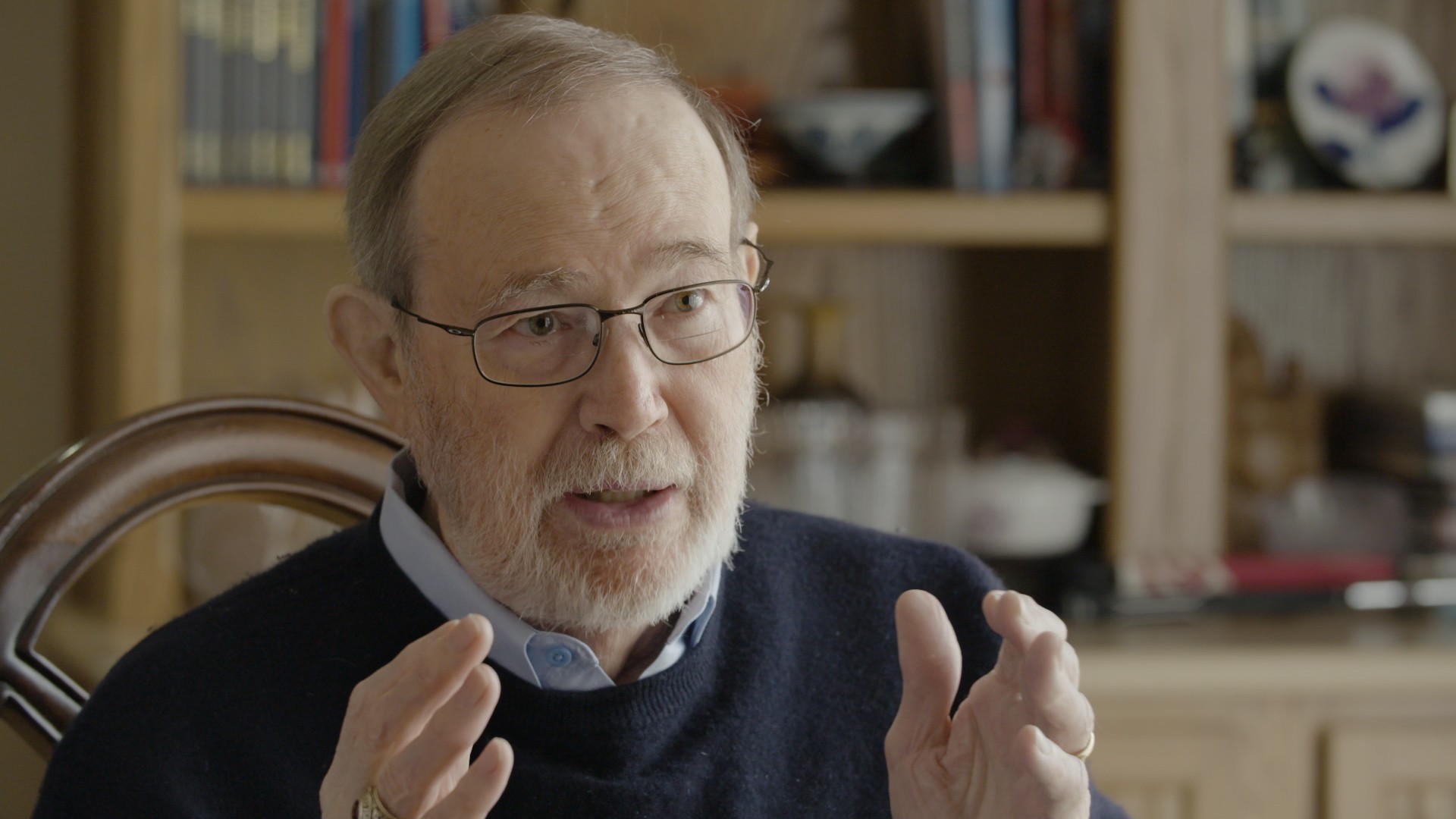Donald Trump savagely criticized his European partners during a tumultuous NATO summit in Brussels earlier this week, at one point forcing an emergency gathering after reportedly threatening to pull out of the alliance altogether. Then, in true Trumpian fashion, he turned around and reaffirmed his commitment to it: “I believe in NATO,” he told reporters Thursday.But after two days of brutal broadsides and threats over the issue of European defense spending, the endorsement rang more than a little hollow. Trump’s track record of attacks on the alliance has raised deep anxieties for European partners over the future of the relationship, particularly in light of his upcoming, and by all accounts unscripted, meeting with NATO’s main external threat: Russian President Vladimir Putin.Nowhere are leaders more anxious than in the Baltic states on Russia’s doorstep: Estonia, Latvia, and Lithuania. For them, there’s nothing abstract or obsolete about NATO; without it, they maintain, they could be swallowed up by an increasingly aggressive Russia.“We see that Trump is questioning the value of the trans-Atlantic alliance in a way that the U.S. has never done before, and this, of course, can translate to steps that could potentially be harmful for the Baltic states,” Kristi Raik, director of the Estonian Foreign Policy Institute, told VICE News. “He doesn’t seem to care about… the Baltic states as such.”The countries’ location in a tough neighborhood, their history as Soviet republics, and their tiny size — Estonia’s total population is only slightly bigger than Russia’s standing army — means they face an immediate set of threats from Moscow, said Andis Kudors, executive director of Latvia’s Center of East European Policy Studies.And Moscow’s antics in former Soviet countries — invading Georgia in 2008, and later sowing division in Ukraine — only adds to that anxiety. Leaders of these small border countries watched with great alarm when Moscow annexed Crimea and invaded Ukraine in 2014, claiming it was defending the rights of ethnic Russians as justification for its actions. Estonia, for its part, hasn't forgotten the massive cyberattack it suffered allegedly at the hands of Russian hackers 11 years ago.“There are anxieties that Trump’s unscripted capabilities could lead to him being cornered by Putin and making concessions that would be completely detrimental to European security in general,” said Mathieu Boulegue, research fellow in the Russia and Eurasia program at Chatham House. “He’s a wild card, but he’s a genuine liability because he’s moving beyond the borders of accepted diplomacy.”Kudors said the Baltic states were unnerved by the conciliatory approach Trump appeared to be taking toward Putin, arguing that any dialogue between the powers should be centered on U.S. condemnation of Moscow’s aggressive behavior on the border.
Advertisement
Advertisement
About a quarter of the population of Estonia and Latvia are ethnic Russians, and Moscow has already been accused of using state media and pro-Kremlin NGO groups to try to stir up ethnic divisions to destabilize both countries, in a campaign of so-called “hybrid warfare.”“The Kremlin is trying to use Russian media to divide Latvia along ethnic lines,” Kudors said. “We have this Soviet legacy and it’s not so easy to overcome it, because all the time there’s this elephant in the room, this other player.”Trump’s repeated attacks on the alliance, coupled with his public admiration for Putin, have these countries worried that the "other player" could soon erupt. “We are always nervous that the U.S. could be close to changing its attitude toward our region in a security sense,” said Kudors. “We don’t like what is happening. We don’t like when Trump is calling NATO obsolete. We don’t like seeing the weakening of these trans-Atlantic links.”Read more: Trump threatens NATO members over spending — then claims victory over his alliesKudors said Trump’s broadsides on European allies only served Russian interests. “This is absolutely one of Vladimir Putin’s aims — to divide North America from Europe,” he said.Trump’s imminent meeting with Putin has only added to those anxieties, with concerns about what the two leaders could agree on behind closed doors. Especially given Trump’s apparent warmth toward his Russian counterpart and his loose-cannon approach to foreign policy.“We don’t like what is happening.”
Advertisement
“Our attitude is if you’re speaking to Putin, you have to demand appropriate behavior in relations with Ukraine and other neighboring countries, and that’s it, full stop.”Despite Trump’s assurances on departure day, analysts say they believe the U.S. president’s hostility toward the trans-Atlantic alliance means it is likely headed for some turbulence in the shorter term. But they’re optimistic that it will ultimately endure.Read more: Putin's winning the Trump summit and it's still two weeks away“The hope is that this continuity coming from the broader U.S. foreign policy establishment will carry on,” said Raik. “There are very close ties which cannot be just undone overnight.”Kudors agreed, saying that the broader U.S. establishment had demonstrated its deep commitment to the alliance, regardless of the views of the president.“Trump is influential in the security policy of the U.S., but he’s not the entire United States,” he said. “Thank God there’s a Congress.”Cover image: U.S. President Donald Trump and First Lady Melania Trump arrive aboard Air Force One, for their first official visit to Britain, at Stansted Airport, Britain, July 12, 2018. REUTERS/Henry Nicholls“Thank God there’s a Congress.”
